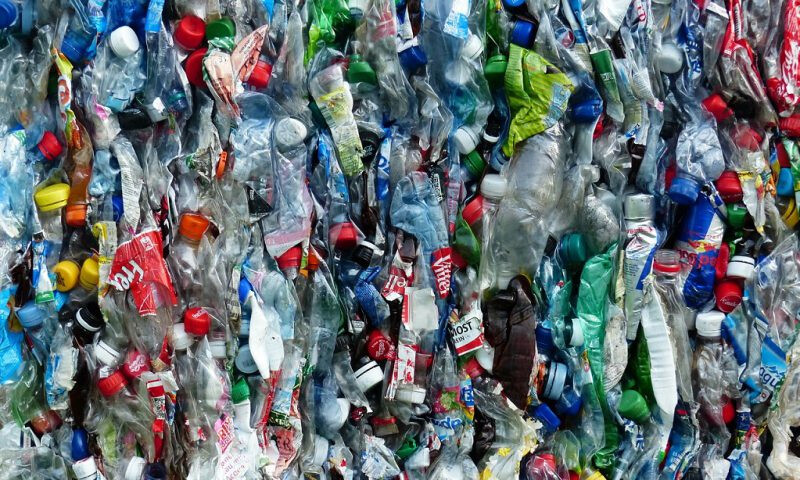
Paraguay is embarking on a comprehensive, five-year project valued at $400 million to significantly reduce hazardous waste and expand recycling initiatives, aligning with international agreements like the Stockholm and Minamata Conventions. The project, funded through grant assistance, will be spearheaded by the Ministry of Environment and Sustainable Development (Mades), with a focus on improving solid urban waste management, mitigating mercury pollution, and enhancing waste separation at the source.
Key Initiatives:
Reduction of Hazardous Chemicals:A primary goal is to curtail emissions of persistent organic pollutants (POPs), including dioxins and furans, largely produced through waste incineration. Mades studies have identified waste burning as a major source of POPs in Paraguay.
Enhanced Waste Separation and Recycling:Pilot programs for waste segregation will be implemented in 10 municipalities, including Luque, Naranjal, and Iguazu.
Educational campaigns will target waste generators, local government officials, and private sector managers, alongside investments in recycling infrastructure.
Improved Landfill Management:Only 60 out of Paraguay's 260 municipalities have sanitary landfills with operating permits, and compliance with standards is often lacking.
The project will provide training and infrastructure support to help municipalities adopt sustainable practices and adhere to sanitary landfill standards.
Mitigation of Mercury Pollution:Mercury contamination from household consumer waste, such as batteries and electronic waste, poses a significant threat.
The improper disposal and incineration of these items release mercury into the environment.
Mades has prior success in replacing mercury with less persistent chemicals in mining activities.
Increased Recycling Rates:Paraguay's current recycling rate is a mere 5%, despite approximately 30% of waste being recyclable materials like metals, paper, plastics, and glass.
The project aims to raise the recycling rate to 15% by 2030.
Expected Impact:
This project is anticipated to substantially reduce hazardous waste emissions and boost recycling rates, contributing to a cleaner environment and sustainable development in Paraguay.
By following the Stockholm and Minamata Conventions, Paraguay will increase their standing as a responsible country within the global community.
Improved waste management will lead to better health outcomes for Paraguayan citizens.
This ambitious initiative underscores Paraguay's commitment to environmental stewardship and its dedication to building a more sustainable future.
[Copyright (c) Global Economic Times. All Rights Reserved.]



























